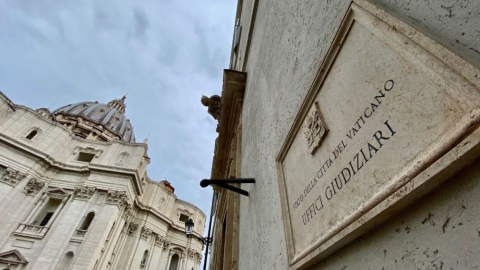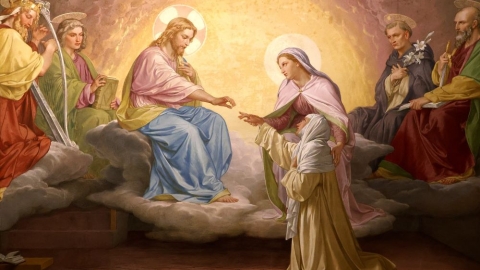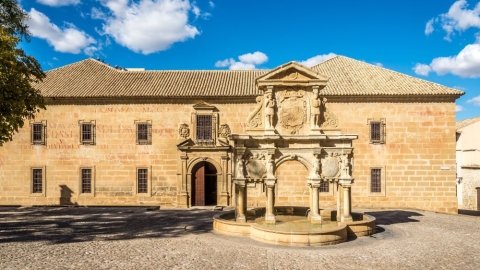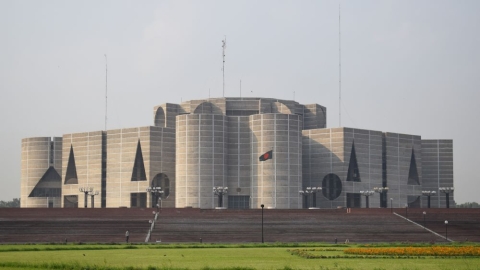Month of the Sacred Heart: Heart of Jesus, in Whom the Father Was Well Pleased

This world-wide and solemn testimony of allegiance and piety, the consecration of the whole human race to the Most Sacred Heart of Jesus, is especially appropriate to Jesus Christ, who is the Head and Supreme Lord of the race.
This world-wide and solemn testimony of allegiance and piety, the consecration of the whole human race to the Most Sacred Heart of Jesus, is especially appropriate to Jesus Christ, who is the Head and Supreme Lord of the race.
His empire extends not only over Catholic nations and those who, having been duly washed in the waters of holy baptism, belong of right to the Church, although erroneous opinions keep them astray, or dissent from her teaching cuts them off from her care; it comprises also all those who are deprived of the Christian faith, so that the whole human race is most truly under the power of Jesus Christ.
For He who is the Only-begotten Son of God the Father, having the same substance with Him and being the brightness of His glory and the figure of His substance (Hebrews 1:3) necessarily has everything in common with the Father, and therefore sovereign power over all things.
But we should now give most special consideration to the declarations made by Jesus Christ, not through the Apostles or the Prophets but by His own words. To the Roman Governor who asked Him, "Art thou a king then?" He answered unhesitatingly, "Thou sayest that I am a king" (Jn. 18:37).
And the greatness of this power and the boundlessness of His kingdom is still more clearly declared in these words to the Apostles: "All power is given to me in heaven and on earth" (Mt. 28:18). If then all power has been given to Christ it follows of necessity that His empire must be supreme, absolute and independent of the will of any other, so that none is either equal or like unto it: and since it has been given in heaven and on earth it ought to have heaven and earth obedient to it.
Leo XIII, Encyclical Letter Annum Sacrum, May 25, 1899.
Source: FSSPX.News – 6/14/2018





